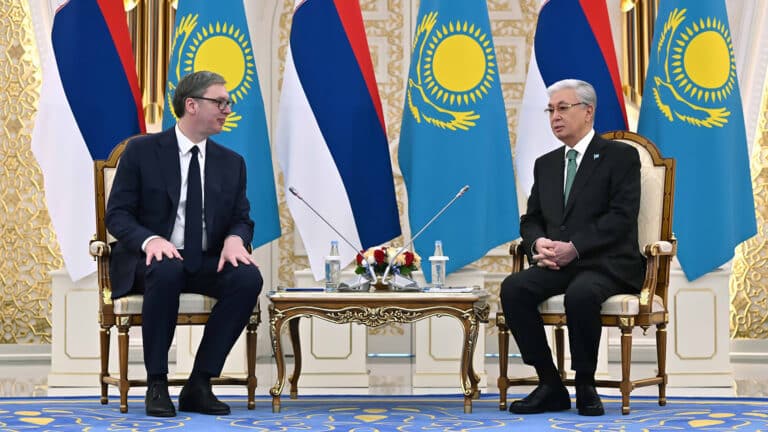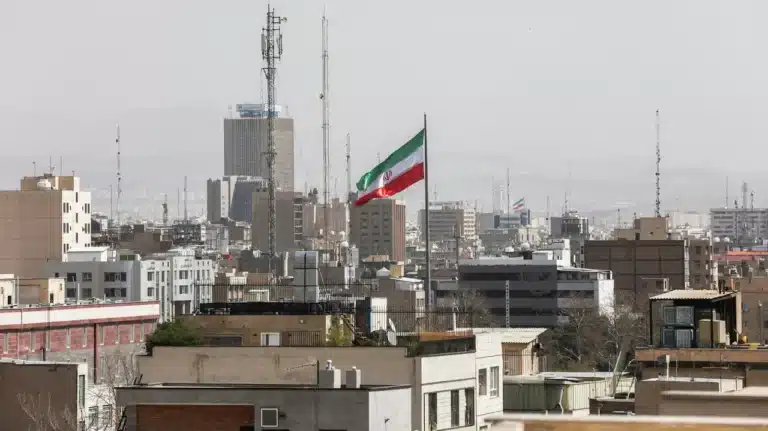
As of March 2, 2023, the exchange rate of the tenge against the U.S. dollar grew by 6.1 tenge and reached 435.5 tenge per dollar, which is a nine-month record. According to experts, there are several reasons for this increase.
Dollar sale-off
Kazakhstan’s National Bank data shows that the regulator sold $590 million (23% of the trading volume in total) in February. About $223 million of this money were allocated for the support of the United Accumulative Pension Fund’s assets in a foreign currency. In January, the bank spent $228 million on such operations.
Ansar Abuev from Freedom Finance Global says that the regulator will sell more foreign currency in March than in February.
«The National Bank is going to sell $750-850 million to make a transfer to the state budget. I think this is a key driver of the tenge strengthening. I have no other explanations for this,» said Galim Khusainov, a member of the Bereke Bank board of directors and former head of Bank CenterCredit.
«Last time the key counteragents supplied the demand during the tax week. Now the regulator needs to lower the price to find any buyers,» he added.
According to Bauyrzhan Tulepov from Jusan Invest, the current tenge exchange rate has been supported by factors like tax week, foreign investors, who bought Kazakhstan’s public bonds and the sale-off by the National Bank with the purpose to transfer money from the National Fund to the country’s budget.
The expert added that official statistics on inflation published on March 1, also contributed to the stronger tenge. According to the National Bureau of Statistics, the annual inflation in the country reached 21.3% in February.
«This data probably caused anxiety with the authorities. This also indicates that the National Bank may want to raise its base rate once again. So far, the USD/KZT pair reached 435,» Tulepov said.
He also believes that there were signs of the tenge strengthening long before February and the even weaker Russian ruble is unlikely to affect this trend.
«Last year, there was a big imbalance within the RUB/KZT pair that caused a high demand for Kazakhstani goods and inflationary pressure. The ruble was too strong while the tenge was too weak,» the expert said.
However, the ongoing strengthening of the tenge will have a negative impact on local producers, as the RUB/KZT pair will move in one direction, Tulepov says.
What is going to happen
The country will continue to be a recipient of a flow of foreign currency from abroad and this trend will support demand for the tenge, according to Abuev.
«It’s hard to predict what is going to happen with the tenge due to the sale-off of dollars. However, the tenge exchange rate against the dollar has an upward trend now,» the expert said.
He believes that if this trend continues, the USD/KZT exchange rate may reach 410 tenge in May 2023.
In turn, Tulepov makes a different point.
«Don’t forget that the inflation in Kazakhstan is higher than in neighboring countries. This means that we have to keep the exchange rate high to support parity in trading. Kazakhstan’s state budget for 2023 was formed based on the exchange rate of 470 tenge with a significant deficit,» said the head of the analytical department of Jusan Invest.













